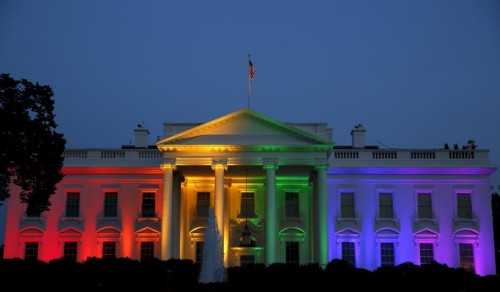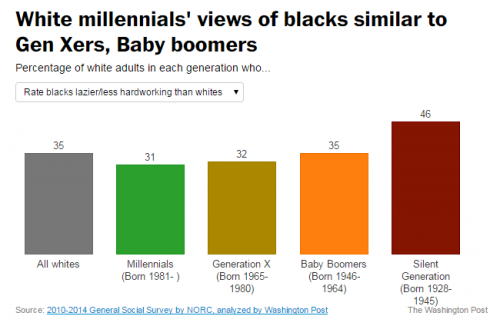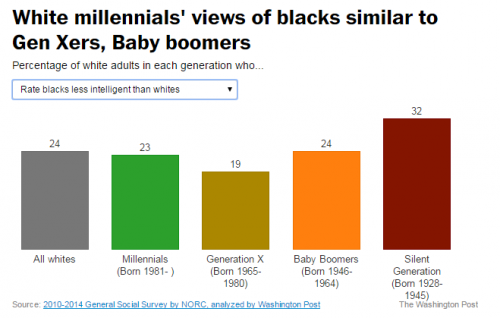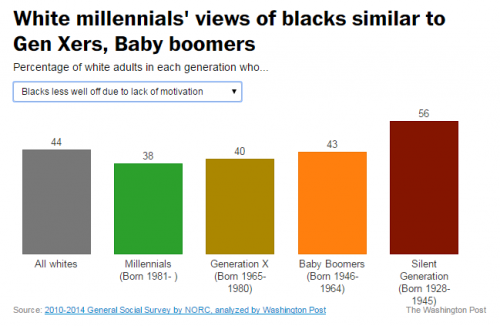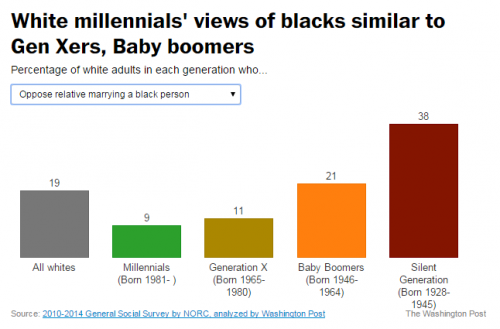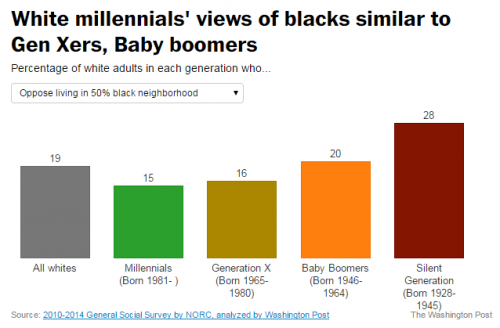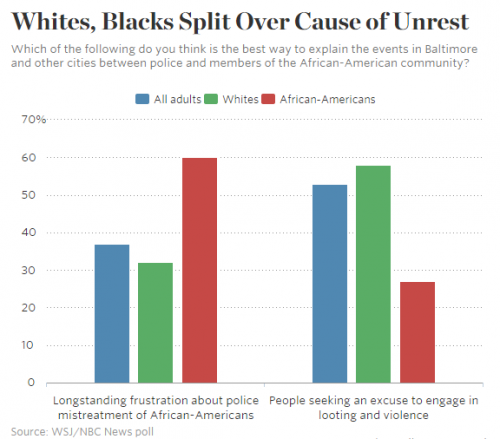SocImages News:
- Happy birthday, little blog! You’re 8!
- A huge thanks to Jon Smadja for freshening up the site and made it mobile friendly!
- Dr. Nicole Boucher Spottke put together a set of discussion questions and activities to go along with some SocImages advice to new students. A great exercise in analyzing writing!
- Our coverage of the intersection of sexism and racism experienced by female scientists was covered at the Smithsonian.
You like! Here are our most appreciated posts this month:
- Mass shootings in the U.S. are on the rise (2,400+ likes)
- White American male with a weapon white American male with a weapon white American male with a… (2,200+ likes)
- Americans own 42% of all the guns on the planet (2,200+ likes)
- The corrupt economics behind Greece’s troubles (1,700+ likes)
- Less than 1% of women regret their decision to have an abortion (1,700+ likes)
- Nearly half of black and Latina female scientists mistaken for janitors or assistants (1,400+ likes)
- Why do people hate the word “moist”? (1,000+ likes)
- Are drag queens doing “girlface”? (1,000+ likes)
Thanks everybody!
Editor’s pick:
- Trigger warnings, the big picture: Changing our culture of social control
- Slave families’ desperate efforts to reunite during Reconstruction
Top comic:
- Why people become sociologists, by Charles Schultz
Top post on Tumblr this month:
Social Media ‘n’ Stuff:
This is your monthly reminder that SocImages is on Twitter, Facebook, Tumblr, and Pinterest. I’m on Facebook and most of the team is on Twitter: @lisawade, @gwensharpnv, @familyunequal, and @jaylivingston.
Finally…
It’s been a hard summer so far, but let’s not let July 2015 go without one more time reveling in the joy of discovery:
Lisa Wade, PhD is an Associate Professor at Tulane University. She is the author of American Hookup, a book about college sexual culture; a textbook about gender; and a forthcoming introductory text: Terrible Magnificent Sociology. You can follow her on Twitter and Instagram.


